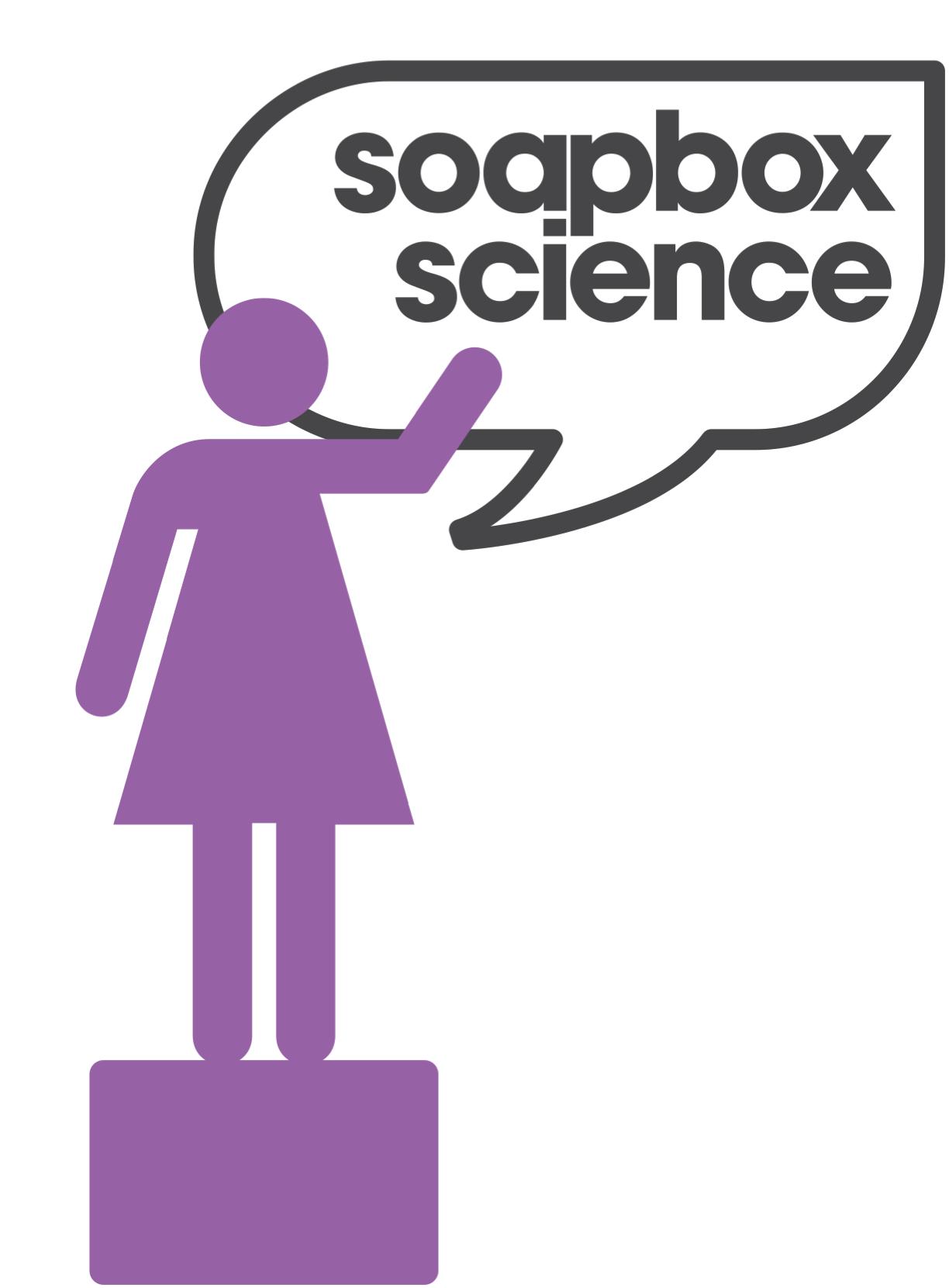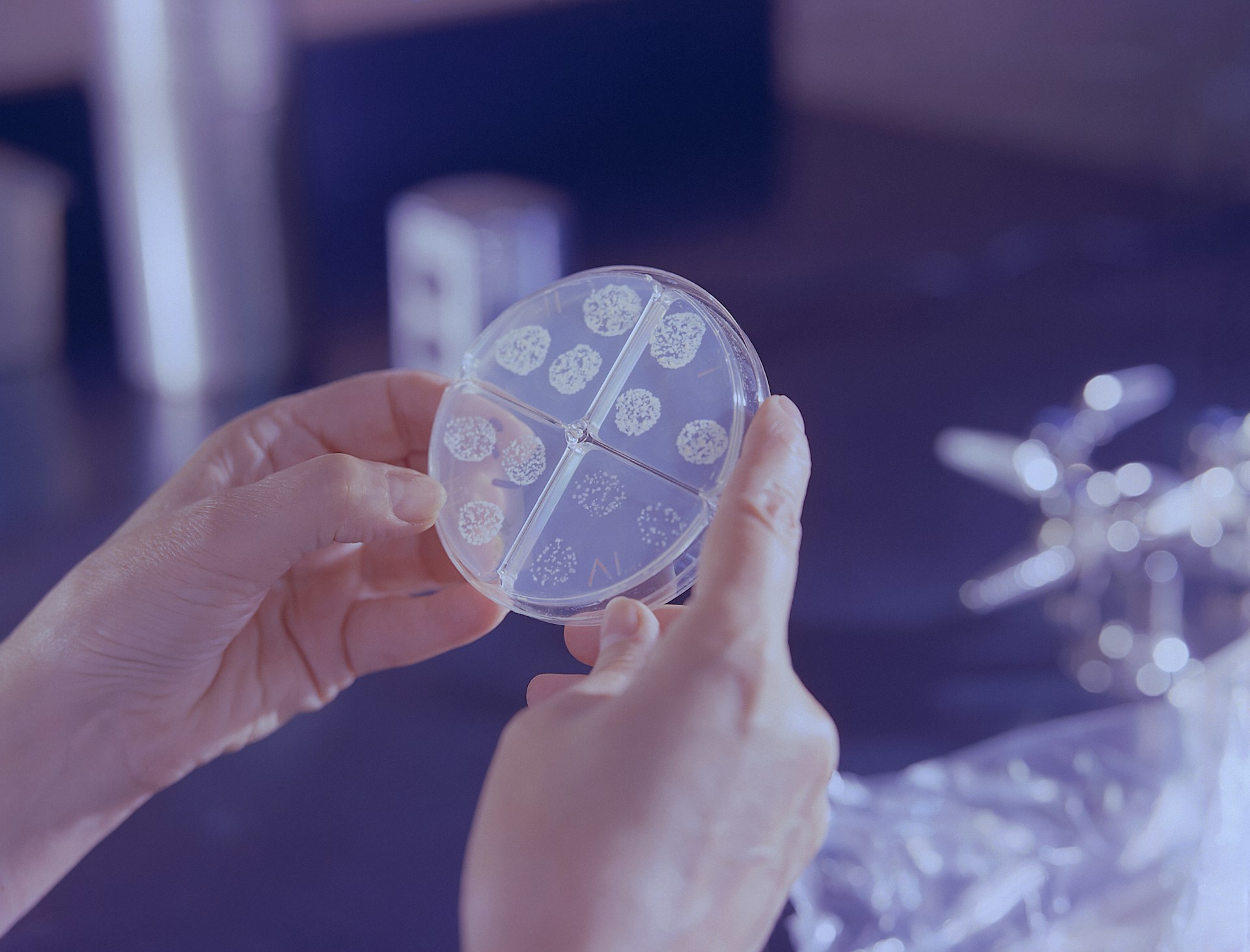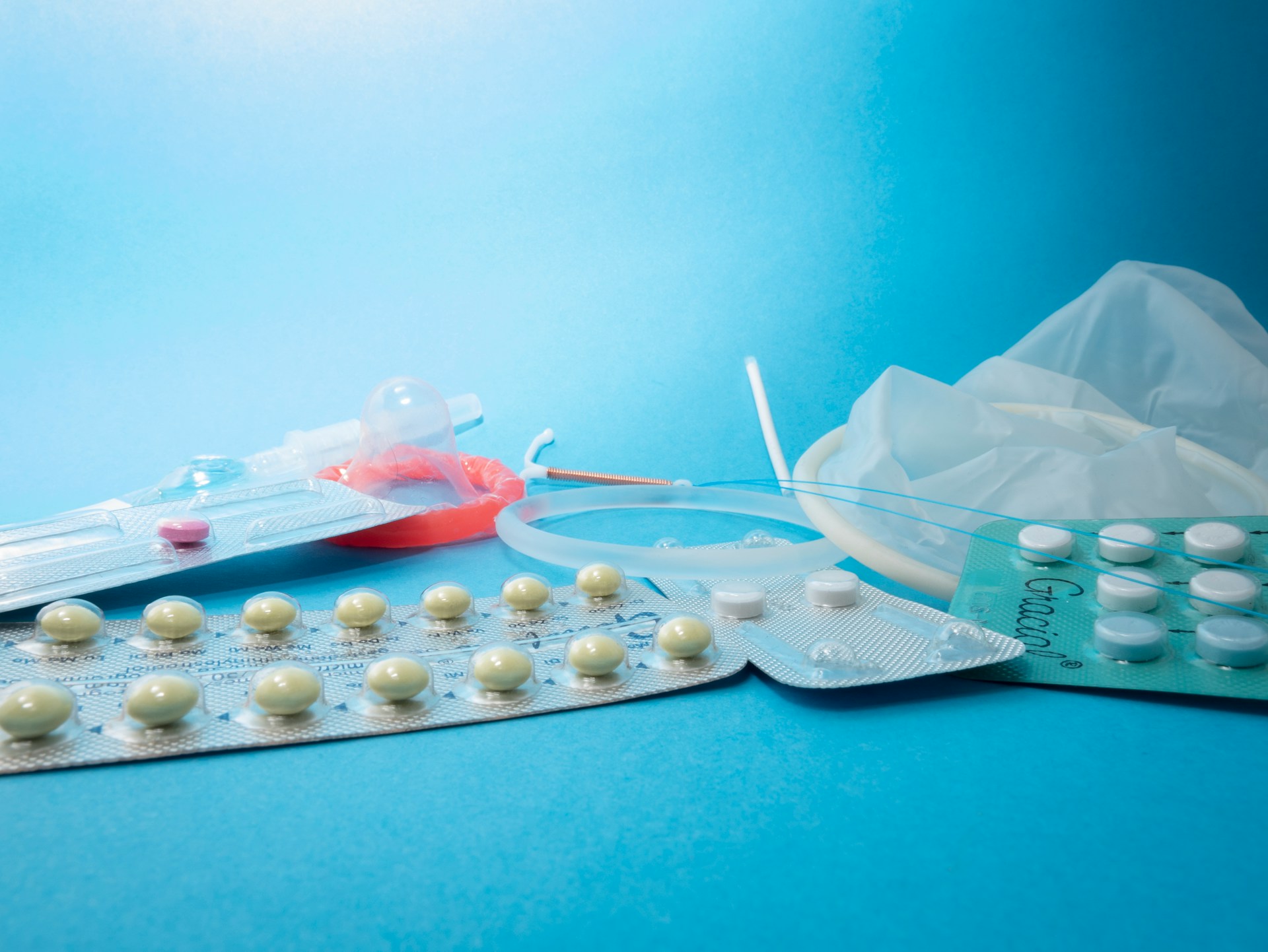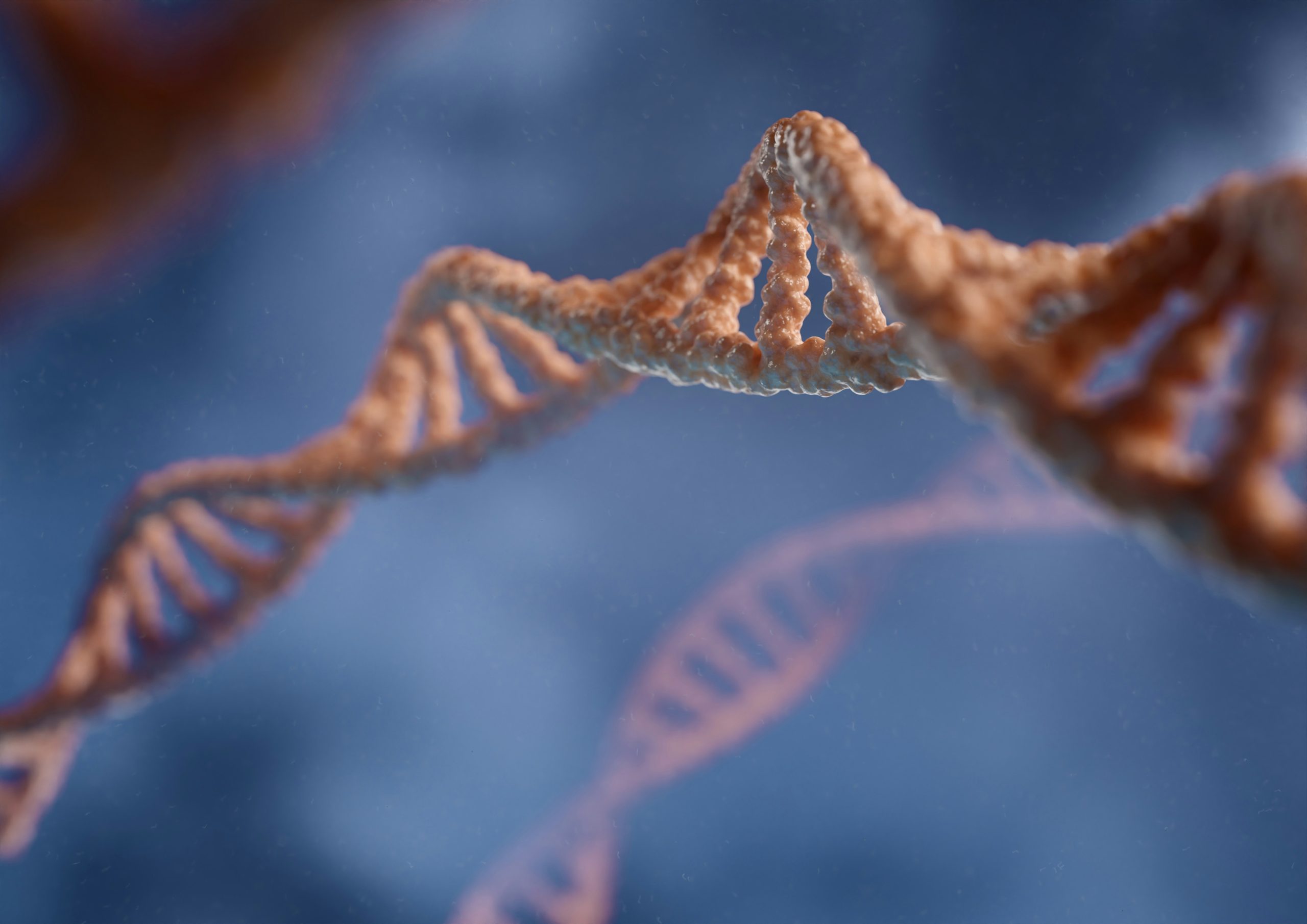by Jacqueline Gill
Soapbox Science is a novel public outreach platform for promoting female scientists, and the science they do. The general format of a Soapbox Science event follows that of Speaker’s Corner in Hyde Park, London, which has been an area for open-air public speaking since the mid-1800s. Traditionally, the speaker stands on a soapbox (literally a wooden box that was used to transport soap) hoping to engage the passing public in debate or discussion. Every year, Soapbox Science recreates Speaker’s Corner, at public locations across the country and internationally, with a twist – the speakers are all female scientists.
In July 2018, Soapbox Science transformed Bonn Square (outside of the Westgate Centre) into an arena for public learning and scientific debate. Their aim was to give everyone the opportunity to enjoy, learn from, heckle, question, probe, interact with, and be inspired by scientists.
I was lucky enough be able to speak at the most recent Soapbox Science event in Oxford, and talk about my PhD research in microbiology. I had one hour, no power-point slides or microphone, just me and a few other female scientists wearing lab coats, standing on a box and talking (loudly) about our science – simply with a few props to illustrate our points.

The subject of my talk was “the antibiotic apocalypse”, which is based around my research into a common infectious bacteria called MRSA. I brought along some of my own props, including a model of Fleming’s original penicillin plate that I made out of cotton wool, a molymod penicillin chemical structure, and a couple of my favourite giant microbes! The aim of my talk was to answer some of the common questions about antibiotic resistance that I often come across during public engagement activities, and explain some of the lesser-known history and implications of antibiotic resistance; from the discovery of the first antibiotic by Alexander Fleming in the 1940s, to the multi-drug resistant infections that are increasingly observed in hospitals today.
When I first got up onto my soapbox, I was quite nervous, but as soon as I started talking a crowd began to gather and from then on it was very easy. I was amazed at how many people actually chose to take time out of their day to stand and listen to me talk! I was also amazed at the variety of people who stopped, from the very young to much older.
The scariest part was when I opened up the floor to questions from the audience, as I had no idea what people were going to ask! Their questions ranged from very basic to more specialist, but I was able to confidently answer all of them. This led me to the rather shocking realisation that I am actually becoming an expert in my PhD area! This can be hard to notice during typical day-to-day work, as I am frequently surrounded by some of the most senior scientists and top experts in my field, which can often make me feel a bit of a novice!

Soapbox Science is an important event, which is close to my heart. The majority of other initiatives that I have been involved with to support women in STEM have revolved around encouraging young school girls to pursue STEM subjects. Although this is an important challenge in itself – particularly in certain male-dominated fields like Physics and Maths – in some scientific disciplines, female STEM students actually outnumber males on University level courses (click here for examples). The problems arise later along the academic career ladder; a concept known as the “leaky pipeline”. A significant drop is observed between the number of STEM degrees earned by women, and the number of women occupying high positions in STEM fields. For example, the Royal Society of Biology reports that during the 2011-12 academic year, 61% of bioscience postgraduate students were female, but only 15% of all bioscience professors were.
For this reason, initiatives like Soapbox Science are important, to showcase women at all academic and professional levels, and normalise their role as scientists. As a young female scientist, I found the experience really rewarding, and it has been a huge boost to my confidence. The support from the organisers Caitlin and Rav, as well as all of the volunteer undergraduate and postgraduate students who helped out on the day, was invaluable. I’d recommend everyone to come along to their next event, and to get involved themselves! Find out more at www.soapboxscience.org/.





